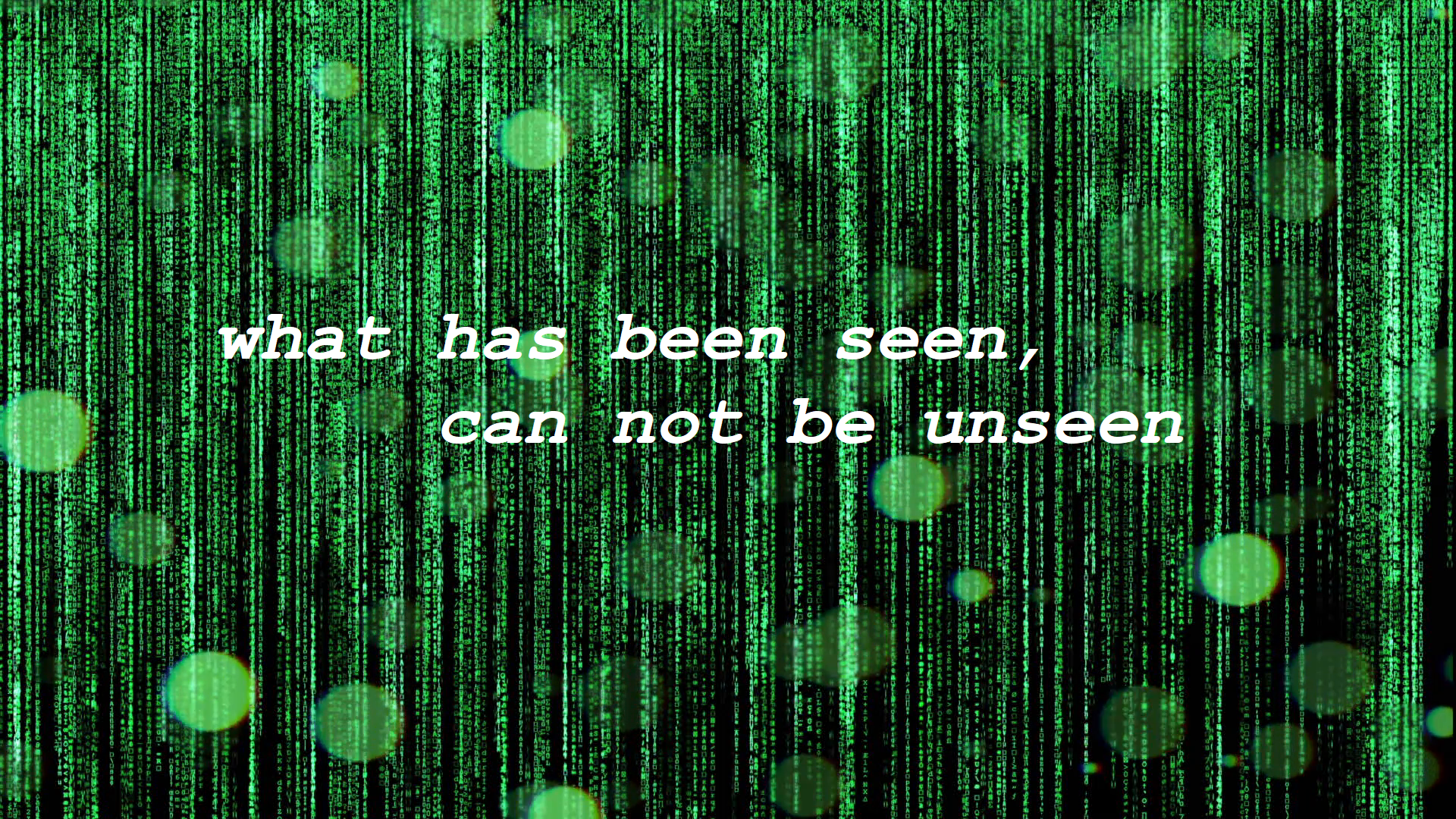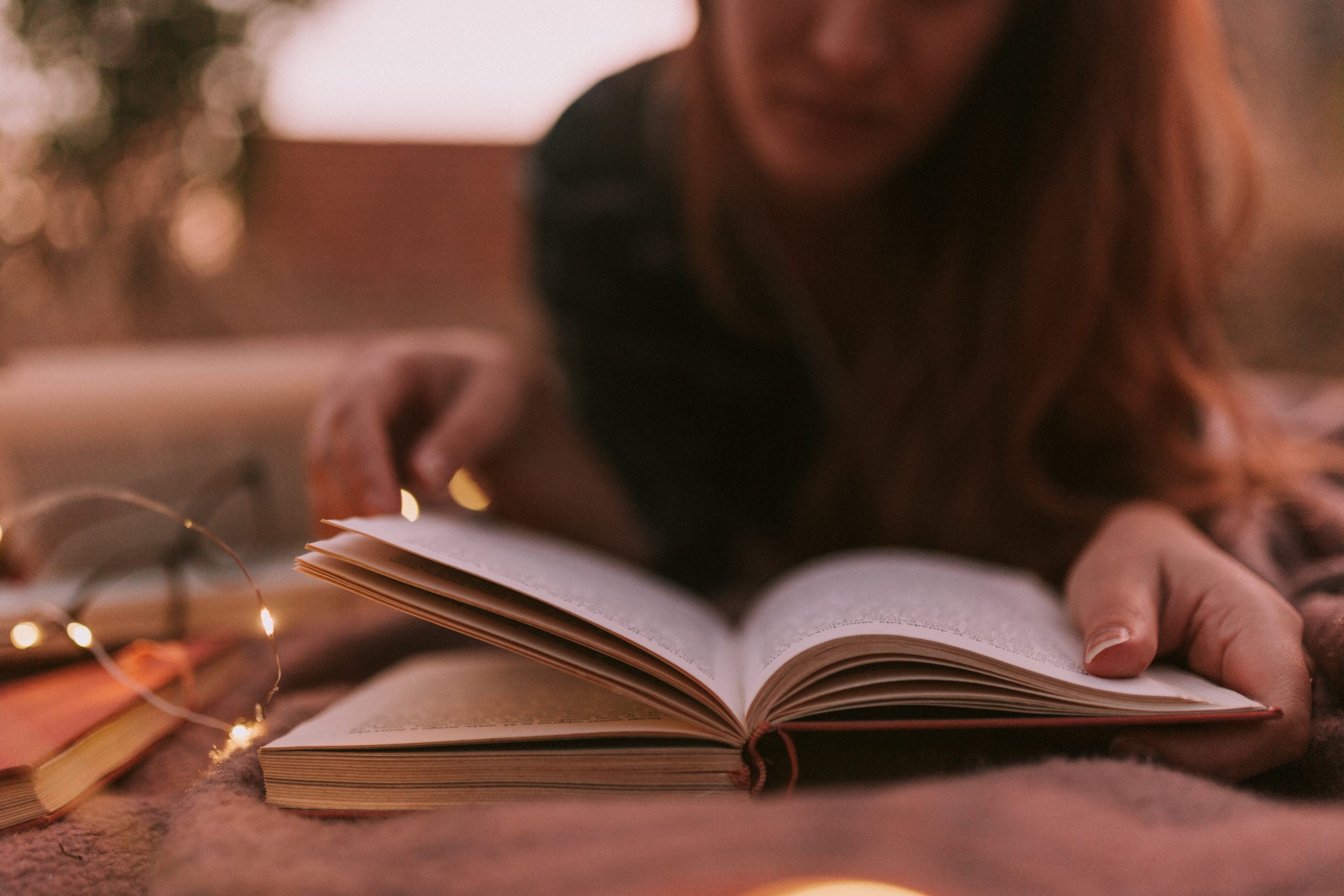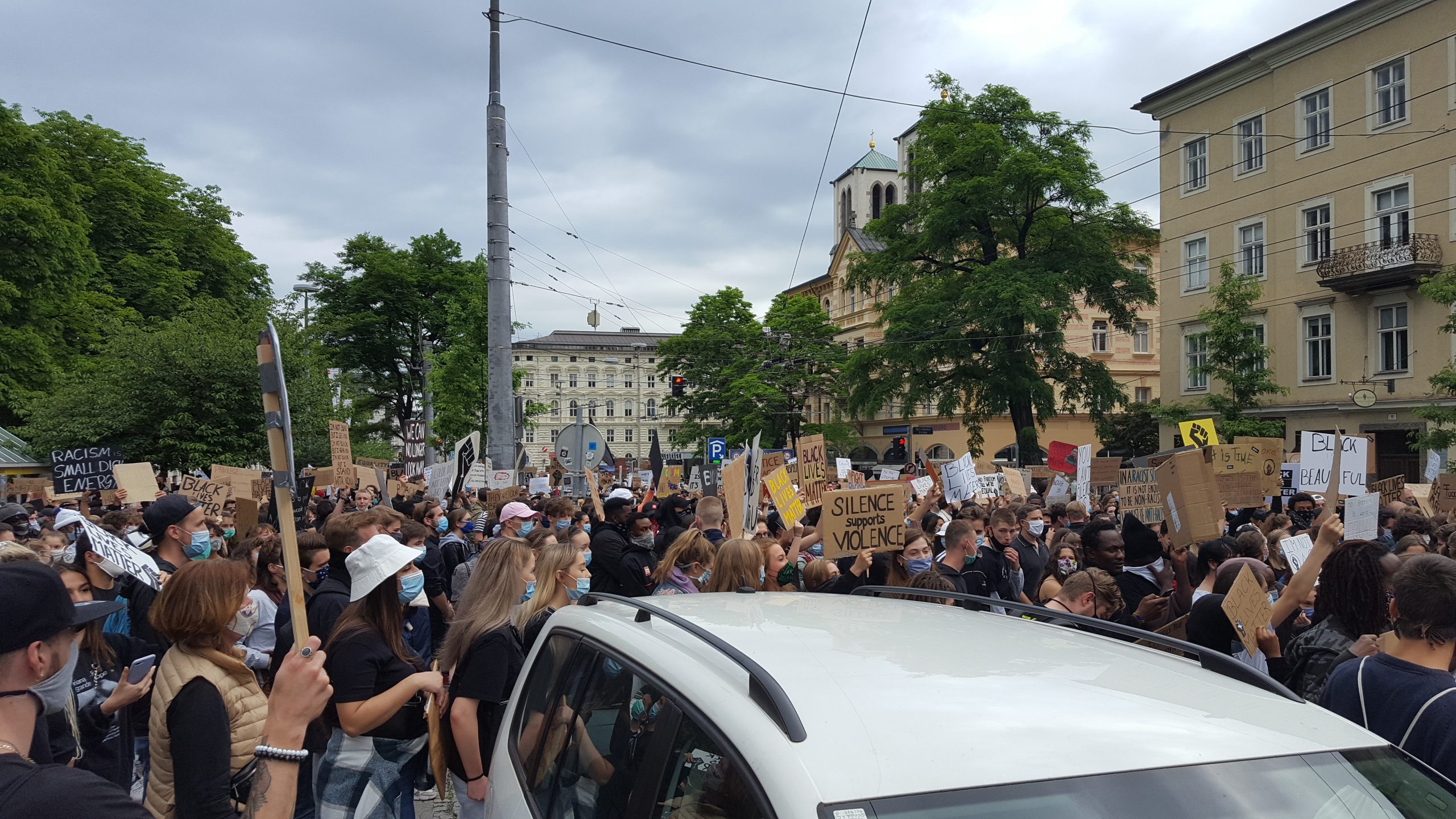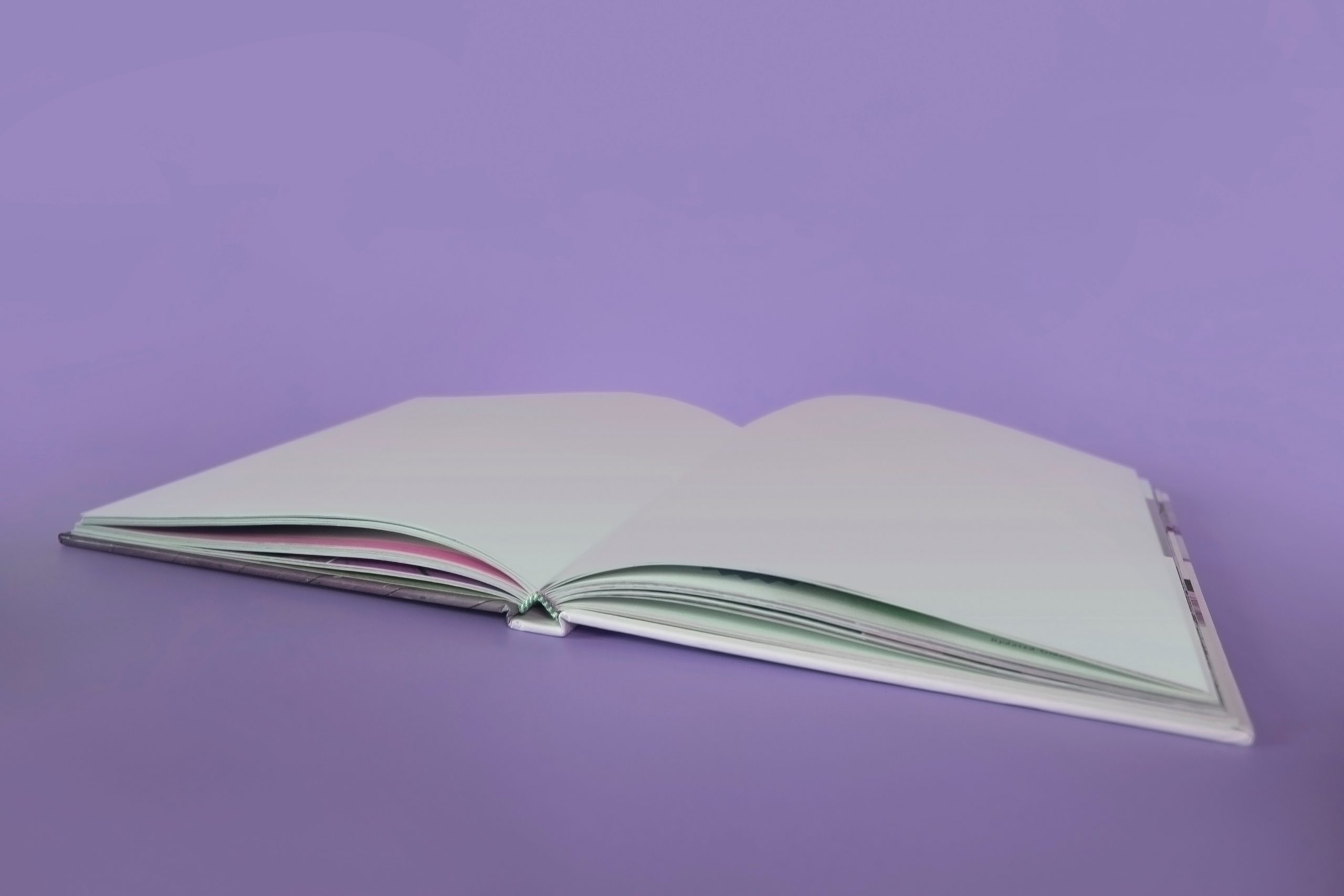Today I will give you my 2 cents about terminology: Do you call it breaking or Breakdance? Or is it B-Boying? Read about my absolutely subjective, personal opinion.
This story recently got some minor updates due to high interest, because breaking was part of the Olympic Games 2024.
It’s called Breaking
I call the dance that I love breaking. I consider it to be the correct original term, which also makes sense as B-Boys & B-Girls initially danced to the break of the record. Therefore the term B-Boy refers to Break-Boy. I am aware that Bronx-Boy is also a common meaning, but the word Bronx-Boy relates to where one comes from and not what he dances, so I go with the other one.
B-Boying is also a thing, but I’m not too fond of it
The term B-Boying is also accepted and common within our scene, but I don’t like and use it for multiple reasons:
- It names the dance after the dancer, but the name of the dancer is, in my books, already named after the dance. You would not say Break-Boying, would you?
- The word B-Boying does not flow well about my lips when I try to say it. 🙂
- B-Boy and B-Girl are terms that have a gender. Using B-Boying as the name for the dance opens up a lot of questions like: Is it B-Girling if a female does that dance? If so, do we just call it different, or is it another thing? If it is another thing, can B-Girls do B-Boying and vice versa? What happens if we enter the realm of transgender and so on? For me, that whole discussion is an endless loop that I don’t want to be a part of. For me, B-Girls and B-Boys are Breakers and do Breaking.
Breakdance is the no-go
Breakdance is a term that was introduced by a British music promoter who could either not remember Breaking and made up Breakdance on the spot or just said it the wrong way.
The term has nothing to do with the people who created our dance. If you use it for promotional purposes because the uninitiated would not show up otherwise – it’s your obligation to teach them about it in your first class. Yes, I am serious about this.
Here you have it. My highly biased, personal opinion about the Breaking/B-Boying/B-Girling/Breakdance discussion.
Wanna check out someone else’s take on it? Watch B-Boy Crumbs talk about it below.







